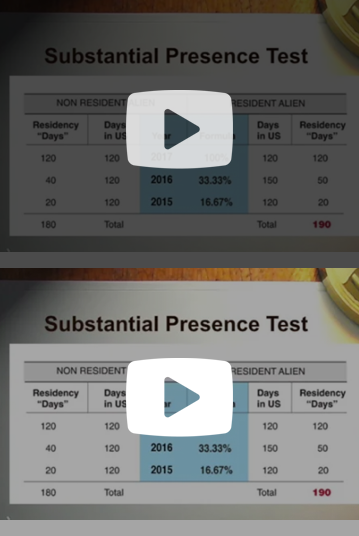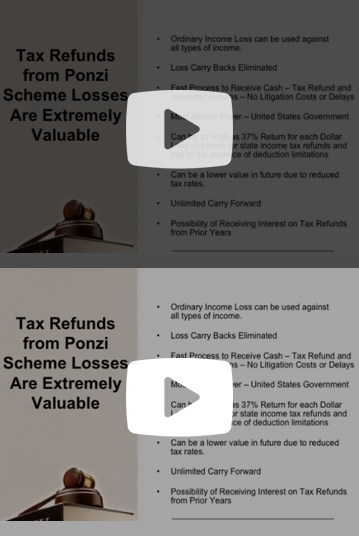Florida Accounting Methods Lawyer
Taxpayers must follow a specific set of rules that guide how and when income and expenses are reported on their tax returns. Depending upon the nature of their business, some taxpayers are required by law to use a certain method of accounting, while others are free to choose the method that best suits their needs. You select your accounting method when you file your first return and must continue to adopt that same method of accounting thereafter. Changing accounting methods requires filing the appropriate forms to get approval from the IRS to change methods.
The two most common methods of accounting are cash accounting and accrual accounting. Lehman Tax Law can help you understand these different methods and guide you to select the method that best suits you. If you need to change methods or run into trouble with the IRS based on your method of accounting, the Florida accounting methods lawyers at Lehman Tax Law can advise and represent you through any interaction with the tax agency.
Cash Accounting
With cash accounting, you report income in the tax year you receive it. Likewise, expenses get deducted in the tax year that you pay them. Receipt of income could be actual or constructive. So, even if you haven’t physically received the income, if you have the ability to use or control that money, you are deemed to have constructively received it at that time and should report it in that tax year. An example of constructive receipt might be a paycheck you get in late December. You received that income in that year, even if you don’t deposit your check until January of the following year.
Accrual Accounting
Under accrual accounting, you report income in the tax year in which you earn it. Similarly, you deduct expenses in the tax year that you incur them. For example, the date on which you execute a purchase or sale is the date that the transaction occurs, regardless of when you actually send or receive payment or goods. This method better matches income and expenses in the same year than cash accounting might, giving businesses (and the IRS) a better picture of the company’s financial shape in a given tax year. Accrual accounting is required for businesses that generate more than five million dollars in annual sales.
What is a Tax Year?
The tax year can be the calendar year or any other 12-month period, known as a fiscal year. Some Internal Revenue Code sections require a taxpayer to use a particular tax year. For instance, a calendar year is typically required for taxpayers who don’t keep books or records or have an annual accounting period. Otherwise, you adopt a tax year based on the way you file your first return. As with accounting methods, you can’t change your tax year without going through the proper procedure to get approval from the IRS, unless the Code otherwise allows you to change without approval.
Other tax years which might be used in some situations include the 52-53-week tax year and the short tax year. Talk to your accountant or tax lawyer about the proper tax year for your business or if you run into a tax year dispute with the IRS.
Other Accounting Methods
While cash and accrual accounting are far and away the two most commonly-used methods, other methods do exist and apply to specific situations. For instance, special methods of accounting may apply to farmers, business expenses, installment sales and property depreciation. It is also possible to use a hybrid of cash and accrual (or a special method of accounting), provided you use it consistently, and it clearly reflects your income. Hybrid methods are also subject to some restrictions. For example, if maintaining inventory is necessary to account for income, you must use the accrual method for purchases and sales. Still, you can use the cash method for other income and expenses. Keeping an inventory (and therefore using accrual accounting) is generally required if you produce, purchase or sell merchandise.
Also, if using cash accounting for reporting income, you must use cash accounting for reporting expenses. Likewise, if using accrual accounting for reporting expenses, then you must use accrual accounting for calculating income.
Current Legal issues With Cash and Accrual Accounting
The Tax Cuts and Jobs Act of 2017 (TCJA) expanded the eligibility of small businesses to use the cash accounting method. Small businesses that qualify to use cash accounting are also exempt from the requirement to keep inventories, as well as uniform capitalization rules and the requirement to use the percentage of completion method for works-in-progress.
The expansive TCJA touched upon many areas of tax law, including accounting methods. Be sure you are proceeding appropriately and making the most of tax decisions by working with qualified tax professionals and tax attorneys.
Professional Legal Help With Accounting Methods
For advice and assistance regarding accounting methods and the legal issues involved, consult with experienced Florida accounting method lawyer Richard S. Lehman by calling Lehman Tax Law at 561-368-1113 for a complimentary consultation.



